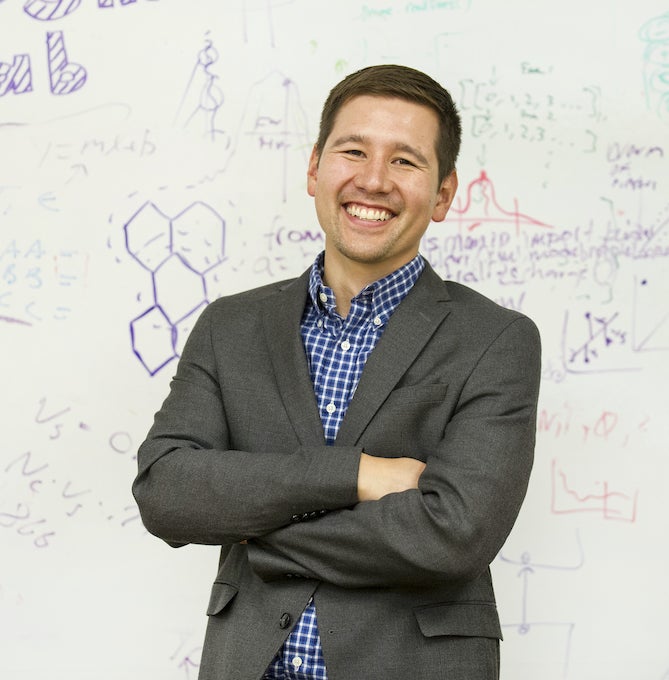
Micron School of Materials Science and Engineering Associate Professor Eric Jankowski is part of a research collaboration led by Mississippi State University that recently received a grant of nearly $1 million from the National Science Foundation in order to establish an Institute for Computational Molecular Science Education.
“I’m so excited to see the scientific problems that tomorrow’s computational scientists solve because of the norms of helping each other that this institute will instill,” said Jankowski.
The institute will emphasize teaching the fundamentals of molecular simulation techniques and the efficient use of the nation’s high-performance computing systems. It will also serve as a repository of well-curated training materials. This collaboration also includes faculty from Oklahoma State University, the University of Minnesota Twin Cities, and the University of Colorado Boulder. Neeraj Rai, Ergon, Inc. Distinguished Professor in Mississippi State University’s Dave C. Swalm School of Chemical Engineering, is the principal investigator.
The multi-institution initiative aims to train researchers across the country, particularly targeting graduate students, postdocs, early career faculty and groups that are underrepresented in computational science. With a goal of training 800 people during the course of the four-year grant period, the initiative will help position U.S. institutions to increase competitiveness in molecular modeling and simulation, a key part of developing new improvements in areas such as medical drugs, environmentally safe solvents and degradable plastics.
“I’m most excited about the fact that this NSF funding is in direct support of applying best practices from educational research to the specific area of molecular simulations,” said Jankowski. “Nobody disagrees about the importance of great training materials and teaching practices for any area of science, but it’s another thing entirely to have real support to bring these resources together in a way that is broadly usable and accessible by an entire community.
With this grant, Jankowski will receive a summer salary to develop and disseminate training materials for teaching molecular simulations to a new generation of scientists. This award will also impact students in Jankowski’s lab, who will have the opportunity to attend funded workshops to advance and present their knowledge of computational molecular science and engineering.
Additionally, Jankowski celebrates that the curriculum and pedagogical practices honed in this consortium will be used in his classes for both undergraduate and graduate students.